How To Become A Zoo Keeper?
페이지 정보

본문
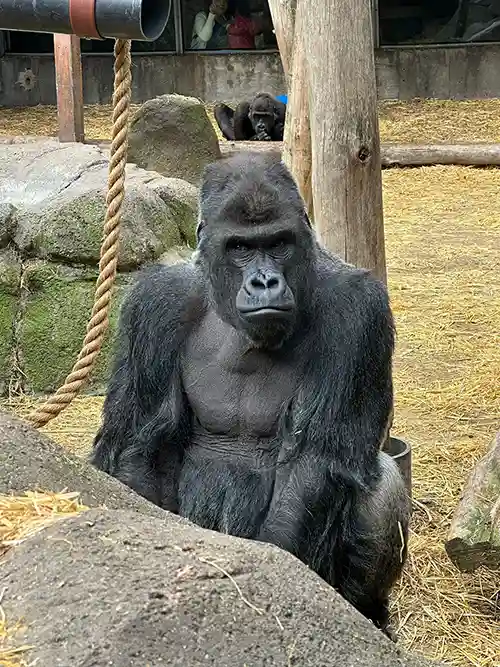
"The achievement of a country and its ethical development can be evaluated by the way its animals are dealt with." - Mahatma Gandhi
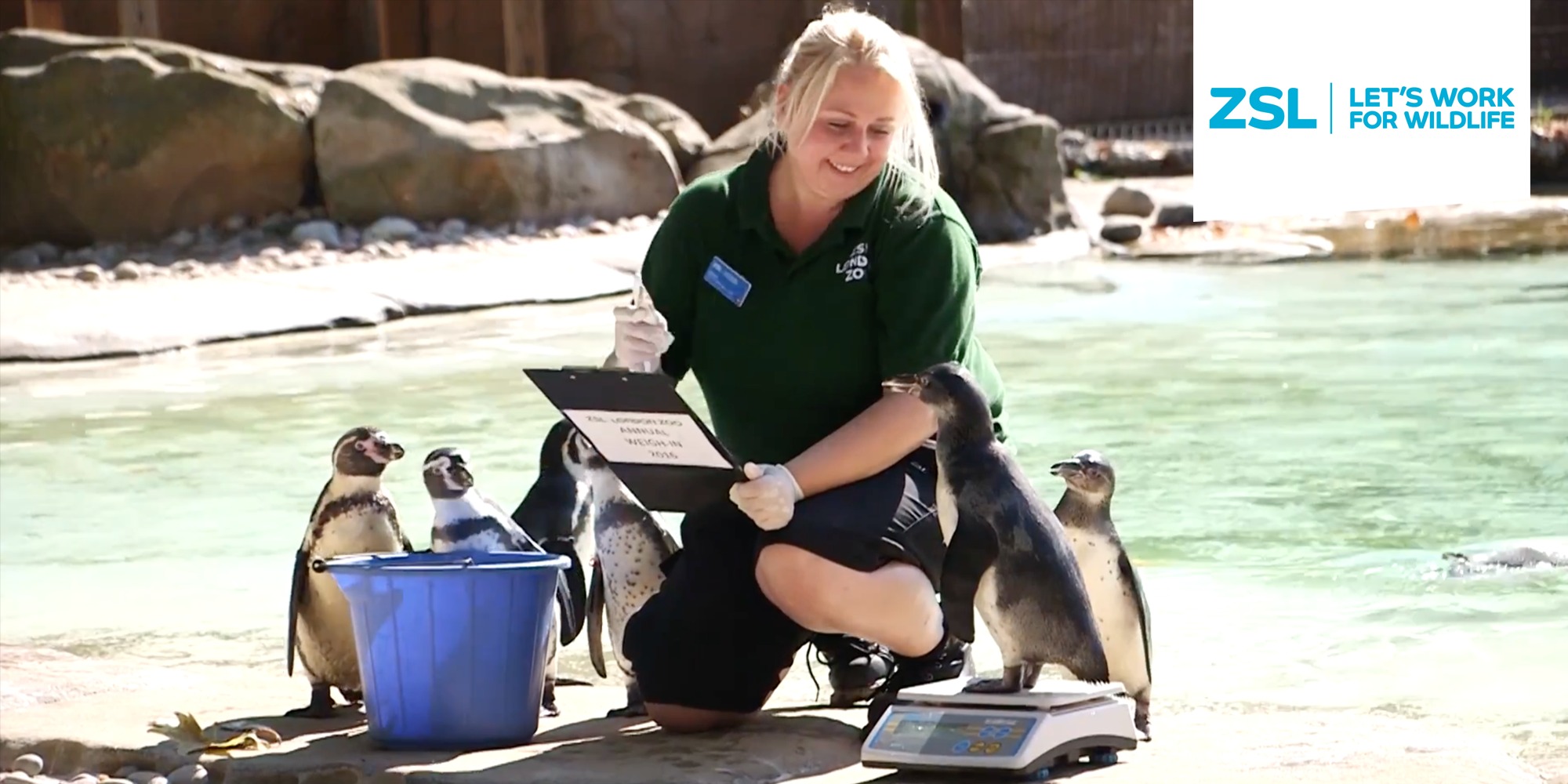
Do you enjoy animals and dream of operating in a zoo? Zoo keepers are key in safeguarding wildlife and taking care of animals. At places like the Zoological Society of London (ZSL), over 20,000 animals get the care they need from experts.

To become a zoo keeper, you require effort, education, and a love for animals. This task is exciting, zoo letting you work with lots of species and aid with important preservation work. If you're into wildlife or animal welfare, zookeeping might be ideal for you.
Beginning your zoo keeper profession suggests discovering what's required. This guide will cover education, experience, and more. It's all you need to know to begin a satisfying zookeeping profession.
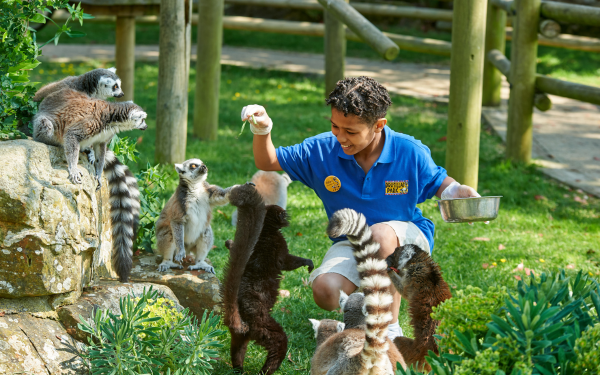
Comprehending the Role of a Zookeeper
Exploring what a zookeeper does exposes a function filled with challenges and rewards. They focus on animal welfare and preservation. Zookeepers strive to keep animals healthy and pleased in their care.
Daily Responsibilities and Tasks
A zookeeper's day is filled with important jobs:
- Preparing meals that meet each animal's dietary requirements
- Cleaning up enclosures to keep them clean and safe
- Monitoring animal health and behaviour
- Providing medications and treatments as required
- Creating activities to keep animals psychologically sharp
Workplace and Conditions
Zookeepers work outside in all sort of weather condition. They manage both indoor and outdoor spaces. The job requires being healthy and able to handle the demands of caring for animals.
"Being a zookeeper is more than a job - it's a passionate dedication to animal care and conservation."
Types of Animals and Specialisations
Zookeepers can specialise in numerous animal groups:
- Primates
- Big cats
- Marine mammals
- Reptiles
- Birds
Your role may involve working with 2-5 different animal species. This needs a great deal of understanding and the capability to adjust.
Essential Skills and Personal Qualities for Zoo Keeping
To be a leading zookeeper, you require more than simply a love for animals. Your job will be difficult and need you to deal with animals and people well. You'll likewise require to understand animal behaviour.
What zoos look for in individuals consists of:
- Exceptional perseverance and psychological resilience
- Strong fitness and endurance
- Eager observation skills
- Ability to stay calm under pressure
- High level of compassion towards animals
Getting hands-on experience is essential to mastering this function. You'll require to reveal:
- Advanced understanding of animal care methods
- Efficiency in animal handling and safety protocols
- Effective communication with both animals and human visitors
"A terrific zookeeper connects science, compassion, and conservation in every interaction with animals."
You should learn about animal nutrition, behaviour, and standard vet care. The majority of zookeepers learn through training, volunteering, and ongoing knowing.
Zookeeper work is not simply a job. It's a huge commitment to teaching about wildlife and helping preservation. Your passion and effort will make you stand apart in this fulfilling career.
How to Become a Zoo Keeper
Beginning a profession as a zookeeper needs careful preparation and education. You must initially comprehend the academic needs and training paths. These will turn your love for animals into a task.
Educational Requirements
To be an excellent zookeeper, you need a strong academic base. The majority of jobs look for particular qualifications:
- At least 5 GCSEs at grade 4 or above, including English, maths, and science
- A levels or college credentials
- A college degree in biology or animal science
- Level 3 Diploma in Animal Management
Required Certifications
Getting unique certifications can really assist you in your zookeeper career. Crucial ones consist of:
- Diploma in Management of Zoo and Aquarium Animals (DMZAA)
- Zookeeping Level 3 Diploma (RQF)
- Animal managing certificates
- Emergency treatment credentials
Training Programs and Apprenticeships
Getting hands-on experience is type in zookeeper training. Lots of places provide great possibilities:
- Unpaid apprenticeships at wildlife parks
- Internship programmes at widely known zoos
- Practical training at places like Colchester Zoo and Dartmoor Zoo
- Volunteering to get real-world abilities
Pro tip: Create a detailed portfolio to show your animal care abilities. It will assist you in task applications.
Building Relevant Experience in Animal Care
Getting hands-on experience is key for zoo those wishing to be zookeepers. The job is extremely competitive. So, it's essential to start developing a strong base in animal care.
Your journey starts with discovering methods to work directly with animals. This is a tactical step.
"Experience is the best teacher in animal care" - Wildlife Conservation Experts
Here work ways to gain experience working with animals:
- Volunteer at regional animal shelters to develop standard animal handling skills
- Look for internships at wildlife rehab centres
- Check out part-time positions at veterinary clinics
- Contact your local zoo for possible volunteer opportunities
Volunteering is a great way to discover animal behaviour and care. Many zoos and animal shelters are looking for people who wish to learn. These locations use terrific chances to get hands-on experience and reveal your devotion to animal welfare.
Here are some tips to take advantage of your experience:
- Keep a record of your skills and interactions
- Get in touch with professionals in animal care
- Request recommendations and letters of recommendation
- Stay consistent and show your real passion
Keep in mind, useful experience makes you stick out in the zookeeping world. Each time you work with animals, you learn more. This increases your possibilities of getting a job in animal care.
Career Pathways and Professional Development
Starting a profession as a zookeeper is exciting. It uses numerous chances to grow and specialise. Your journey starts with comprehending the different courses in this field.
Entry-Level Positions
Entry-level jobs in zookeeping are an excellent start. They give you hands-on experience. Zoos look for prospects with:
- Level 2 Diploma in Animal Care (minimum qualification)
- GCSEs in English and a clinical topic
- Volunteer experience at animal shelters or farms
Career Progression Opportunities
As you gain experience, your career can grow. You can move up to:
- Junior Keeper
- Senior Keeper
- Group Leader
- Specialist Roles
"Continuous learning and useful experience are key to advancing in your zookeeping career."
Specialised Roles
You can likewise choose special locations like:
- Conservation reproducing programmes
- Animal training
- Wildlife research study
- Educational outreach
About 25% of zookeepers get advanced degrees in zoology or animal conservation. Getting Level 4 qualifications can improve your possibilities for senior functions and research study.
Working Hours and Physical Demands
Becoming a zookeeper indicates you'll work more than just routine hours. You'll deal with difficult physical difficulties and need to be flexible, zoo including weekends and holidays. Zoos are open every day, so you'll typically work when others relax.
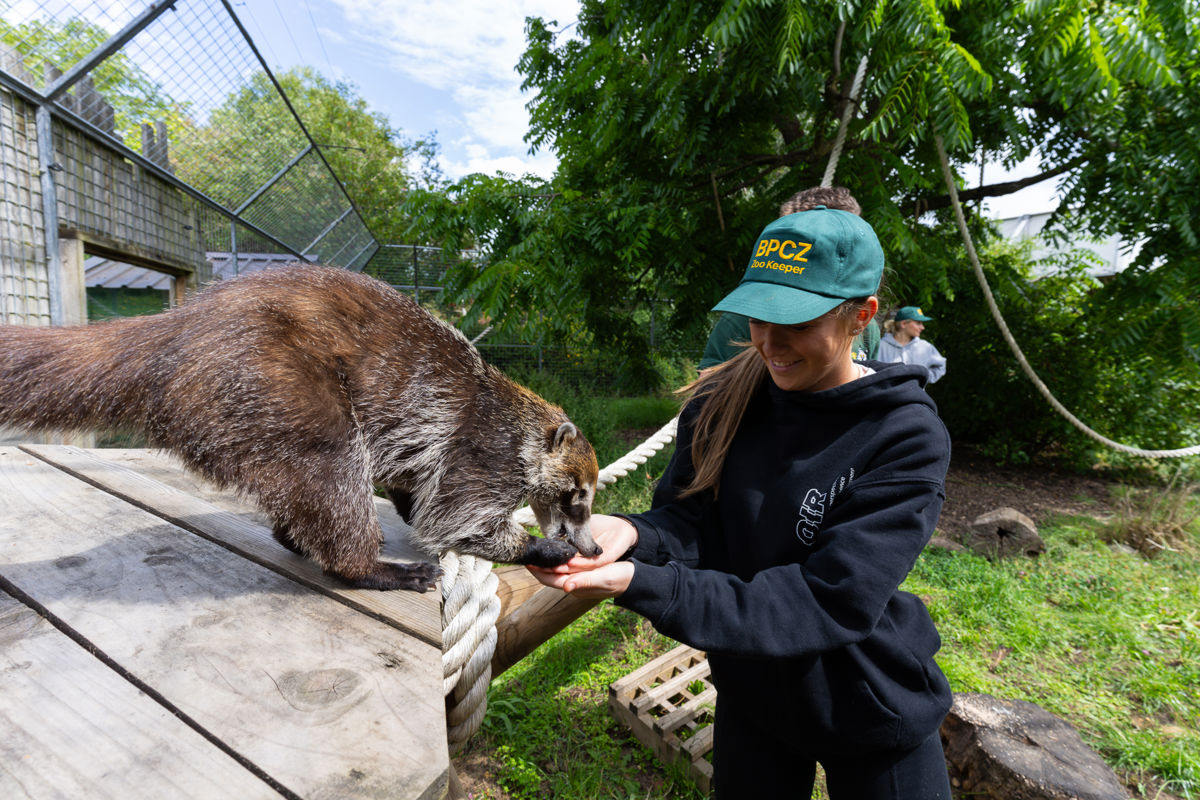
"Zoo keeping is not a common 9-to-5 task-- it's a lifestyle of devoted animal care and dedication."
This job is physically demanding. You'll work outside in any weather, raising heavy products over 50 pounds. Your jobs might consist of:
- Early early morning feeding schedules
- Cleaning up animal enclosures
- Preparing specialised diets
- Carrying out health checks
- Keeping complicated habitats
Shifts can start as early as 5 AM and go late into the night. You'll be on your feet most of the time, moving in between animal zones. Weekends and holidays become part of the task, needing great deals of endurance and commitment.
Despite the challenges, this task has terrific rewards. You'll grow strong, zoo both physically and mentally. You'll likewise make incredible connections with extraordinary animals.
Health And Wellness Considerations
Being a zookeeper features its own set of challenges. It's important to understand how to keep both animals and personnel safe. This implies following strict health and safety guidelines.
Zookeepers face a distinct environment where security is crucial. Studies reveal that health and safety are now as essential as the zoo's main work.
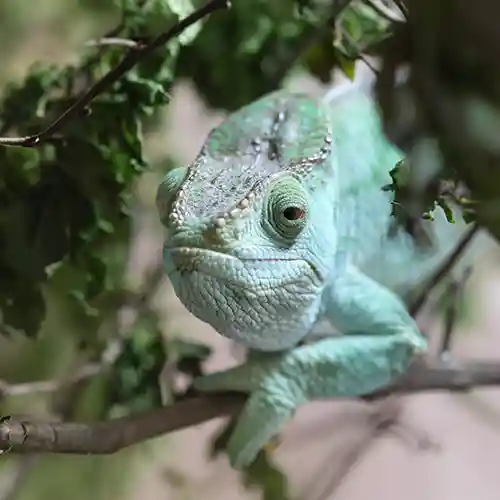
Danger Management Strategies
There are a number of methods to manage threats in zoos:
- Daily checks of animal enclosures for risks
- Counting animals at the start and end of shifts
- Watching how visitors act near animals
- Being ready for emergencies
Animal Handling Safety Protocols
Knowing which animals are most hazardous is essential. Huge animals like rhinos can be very dangerous. There have been cases where zookeepers got seriously injured.
Safety isn't just about wearing gear - it's about understanding animal behaviour and staying alert.
Individual Protective Equipment
Zookeepers need to wear the ideal equipment, consisting of:
- Special gloves for handling animals
- Strong shoes for grip and security
- Clothes that safeguards versus germs
Getting immunized against illness like liver disease B and rabies is likewise key. It helps keep zookeepers healthy in their tough job.
Wage Expectations and Job Market
Thinking of a profession in zoo keeping? It's important to know about incomes and the task market. The field is growing, with more in the UK.
Let's take a look at what zoo keepers can make at different stages:
- Entry-level zookeepers begin at about ₤ 14,000 a year
- Qualified ones make between ₤ 16,000 and ₤ 22,000
- Senior zookeepers can make as much as ₤ 30,000 or more
The task outlook for zoo keepers is excellent. The sector is anticipated to grow by 5% in the UK by 2029. This implies around 3,910 brand-new tasks will be offered.
"The Association of Zoos and Aquariums supports professional development for zoo keepers," a report states.
Wages differ based on several things:
- Experience level
- Specialisation
- Where you work
- The zoo's size and type
While the pay might not be high, the delight of working with animals is valuable. The average salary is around ₤ 17,000. But, total incomes can be between ₤ 13,000 and ₤ 27,000 a year.
Conclusion
Starting a career in animal care is an amazing journey. It requires dedication, passion, and zoo a love for learning. With over 350 zoos and wildlife places in the UK, there are numerous job opportunities. You'll get to deal with incredible animals and help secure wildlife.
To be a zoo keeper, you require more than just love for animals. You need to have a good understanding of biology, have the ability to communicate well, and always want to discover more. You'll gain hands-on experience, learn more about animal welfare, and establish a deep respect for nature. About 3,000 individuals in the UK have found satisfying careers in this field.
.jpg)
Your success in zoo keeping comes from blending science with a love for animals. Whether you're interested in mammals, birds, or marine life, this job lets you aid with conservation. Every day will bring brand-new challenges and learning opportunities that will enhance your skills and knowledge.
If you love animals and wish to assist protect wildlife, zoo keeping might be for you. Take on the challenge, stay curious, and turn your passion for animals into a gratifying profession.
- 이전글10 Life-Saving Recommendations on 1v1.lol 25.03.16
- 다음글Pin Up – топовая игровая платформа с топовыми слотами, щедрыми бонусами и мгновенными выплатами. 25.03.16
댓글목록
등록된 댓글이 없습니다.